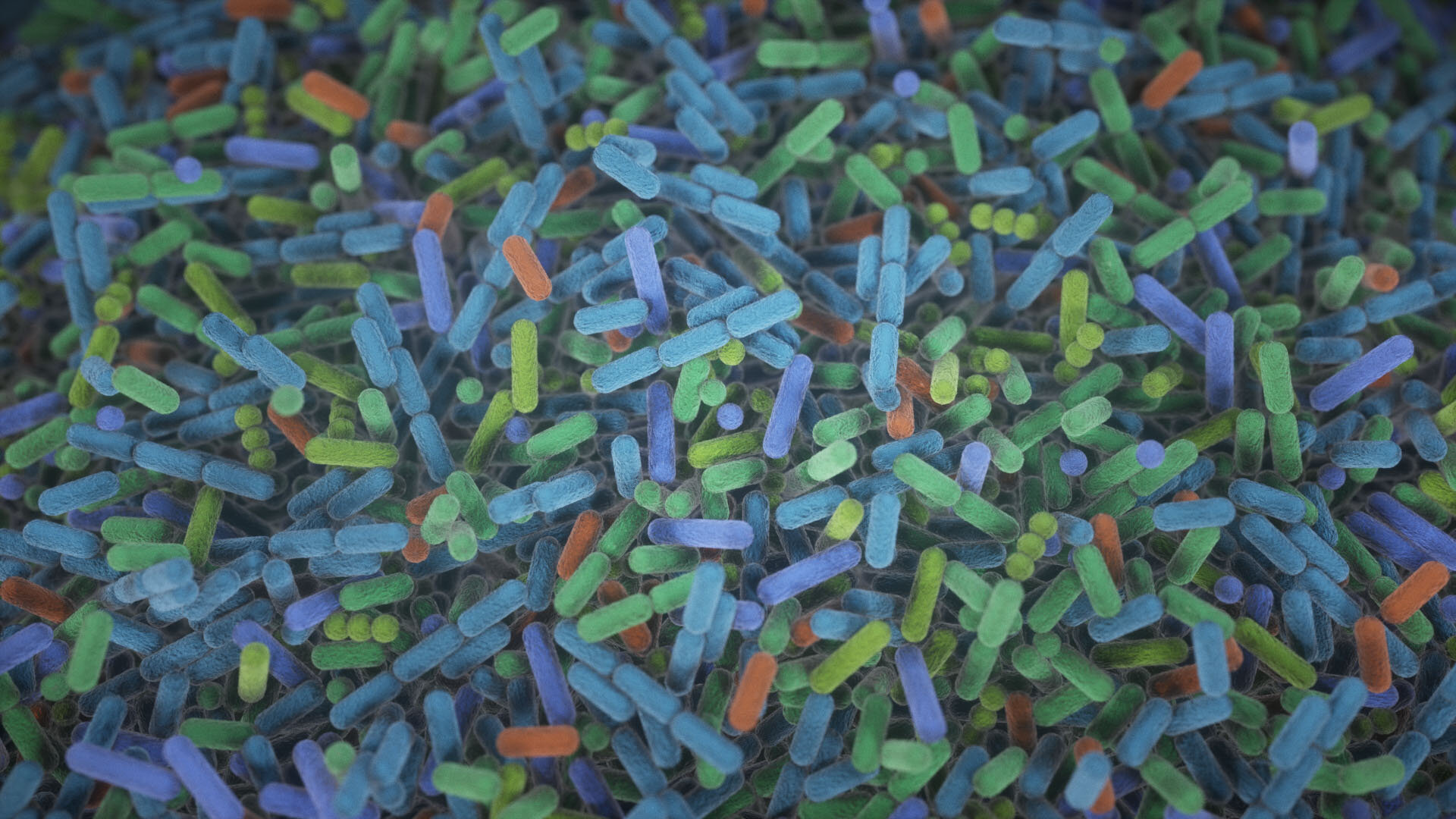
Every year, over 1.5 million new cases of prostate cancer are diagnosed throughout the world. As one of the leading causes of death for men in multiple countries, understanding the risk factors for prostate cancer has become paramount. While the primary factors are genetic and can be linked to a family history of the disease, many lifestyle factors can greatly increase the odds of developing prostate cancer.
Over the past decade, experts have reported time and time again that problems in our gut microbiota, known as “gut dysbiosis,” are tightly related to prostate cancer. Imbalances in gut bacteria, which are frequently dictated by lifestyle factors and decisions, can contribute to malignancy, disease progression, and an overall worse prognosis. However, most of the underlying mechanisms linking gut dysbiosis to prostate cancer remain unclear and difficult to study.
To tackle these issues, a research group from Japan explored the potential of using genetically modified mice for investigating gut dysbiosis and prostate cancer simultaneously.
In their latest paper, which was published in August 2024 in The Prostate, they analyzed the similarities and differences in gut microbiota between humans at risk of prostate cancer and a well-established mouse model of the disease.
Members of the group included Lead Author Chisato Wakamori, Lecturer Marco A. De Velasco, Professor Kazutoshi Fujita, and Professor Hirotsugu Uemura, all from Kindai University Faculty of Medicine.
The researchers took stool samples from healthy mice and tumor-bearing mice, extracted bacterial genetic material from them, and finally used rRNA sequencing. They then compared these data with data taken from Japanese men suspected of having prostate cancer at different risk levels.
“Mice have been instrumental in studying the relationship between gut microbes and prostate cancer, and identifying similarities between humans and mice could reveal new mechanisms,” says Wakamori, explaining the rationale of the study.
After careful analysis, the experiments revealed that both humans and mice exhibited marked differences in the composition of their gut microbiome between individuals with and without prostate cancer.
In particular, bacteria from the genera Odoribacter and Desulfovibrio were positively associated with prostate cancer across both species. To take the study one step further, the researchers also looked into the metabolism of gut bacteria.
Interestingly, certain metabolic pathways related to cofactor and vitamin synthesis in bacteria were more common in mice and patients with prostate cancer. These included those that synthesize vitamin B9, ubiquinone, vitamin K1 and K2, and vitamin E.
Overall, this study showcases how mouse models can be a valuable tool for investigating the complex origins of cancer and the intricate effects it can have on the body. This, in turn, can be instrumental to advance our understanding of this disease and aim at developing effective treatments.
“Our efforts provide valuable data that can help bridge the gap between the human and mouse microbiomes,” said Wakamori. “These findings offer evidence to support the notion that certain bacterial-derived metabolites may promote prostate cancer.”
The researchers also note that this mouse model opens up convenient avenues for further investigating factors associated with prostate cancer risk, as well as testing preventive treatments based on the use of probiotics and prebiotics to sustain a healthy gut microbiota.
More information:
Chisato Wakamori et al, A cross‐species analysis of fecal microbiomes in humans and mice reveals similarities and dissimilarities associated with prostate cancer risk, The Prostate (2024). DOI: 10.1002/pros.24776
Provided by
Kindai University
Citation:
Mouse model suggests bacterial-derived metabolites may promote prostate cancer (2024, October 8)
retrieved 8 October 2024
from https://medicalxpress.com/news/2024-10-mouse-bacterial-derived-metabolites-prostate.html
This document is subject to copyright. Apart from any fair dealing for the purpose of private study or research, no
part may be reproduced without the written permission. The content is provided for information purposes only.

